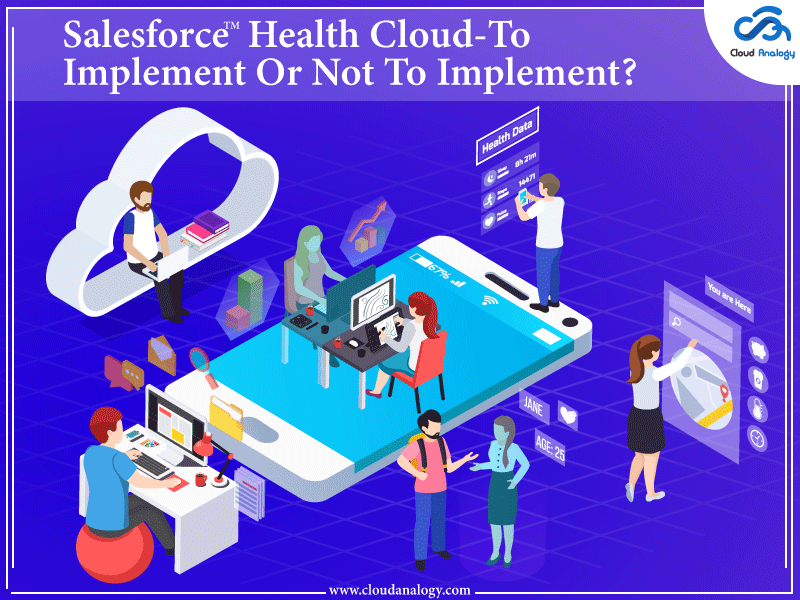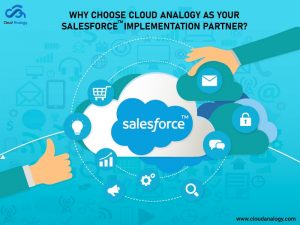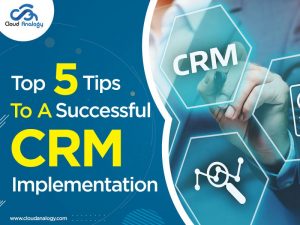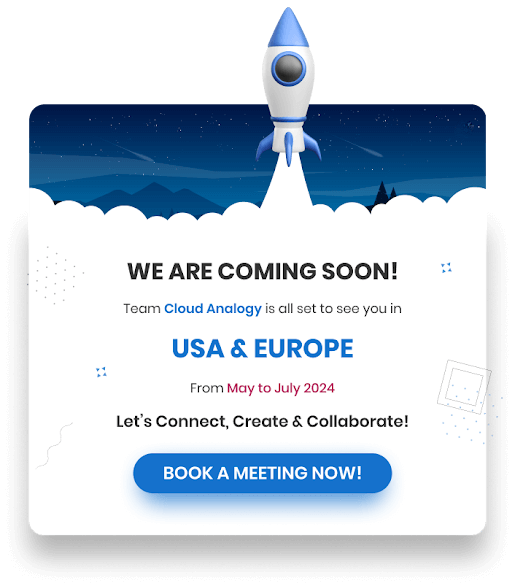Sharing is caring!
Salesforce Health Cloud, the venture of CRM giant Salesforce into industry solutions on its ever-evolving platform, could be easily described as the most impactful solution yet.
Salesforce has bridged the gap between cloud-based solutions and integrations with Health Cloud and its recent acquisition of MuleSoft. This is primarily done with the intent of addressing care gaps that have long existed within the healthcare vertical.
With Salesforce Health Cloud, the days of lack of transparency across the continuum of care and disparate Electronic Medical Record (EMR) solutions are finally coming to an end, to the delight of everyone.
One of the biggest advantages of Salesforce Health Cloud is its unmatched contribution when it comes to enhancing visibility and data exchanges for all parties involved. Using Salesforce Health Cloud, customer service representatives can effortlessly service patients with the best tools available on hand as contact centers get the ability to access data within an EMR with just a few clicks.
Salesforce Health Cloud Implementation Services are empowered with standard Service Cloud capabilities like Knowledge, Omnichannel, and Live Agent to an industry where EMR capabilities have long been the forefront for enhancements. This is especially because Health Cloud licenses are an add-on to Salesforce Service Cloud capabilities.
If your healthcare organization is investigating implementations of Salesforce Health Cloud, here are some important topics to consider:
Bringing a powerful CRM to the healthcare industry alongside an EMR
Truth be told, a big majority of customers have unrealistic expectations where they expect a single solution to be the one-stop solution for all their healthcare challenges. Conversely, the CRM giant Salesforce has relied on a comprehensive, out-of-the-box, and robust vendor/partner ecosystem to deliver state-of-the-art healthcare solutions and Health Cloud from Salesforce is no different.
Salesforce Health Cloud is not targeted at doctors who may require the functionalities of an EMR, but more so at the support staff that usually surrounds a patient. From demonstrating existing appointments to a customer service representative to allowing a caregiver to easily record activities that a patient has completed, Salesforce Health Cloud emphasizes on effectively and efficiently managing the interactions of a patient instead of their chart.
It is extremely important for you to understand your use cases for investing in Salesforce Health Cloud prior to proceeding with your implementation. There are innumerable factors a Salesforce Architect must consider while implementing Salesforce Health Cloud, primarily the structure and amount of data being migrated from an existing EMR to Health Cloud.
Therefore, it is important for you to consider the audience of the data that you’re trying to show in Health Cloud:
- Are you planning to send appointment reminders to patients?
- Do you expect customer service representatives to analyze lab results to book appointments?
Focus on an Integrations Architecture Strategy
It is important for healthcare organizations to identify the pre-existing data endpoints in their existing technological infrastructure when investigating Salesforce Health Cloud.
While Health Cloud is a powerful tool, all system implementations are restricted by the data that can be surfaced to the end-user. Therefore, it is critical to determine how you will get the data from an Electronic Medical Record or multiple Electronic Medical Records into Salesforce.
It is important for you to find answers to questions such as:
Does your organization have an HL7 interface engine?
Healthcare organizations need to keep in mind that while all interface engines have integration capabilities, they usually don’t satisfy the requirements needed to support an enterprise-level integration strategy.
Does your healthcare organization have an Enterprise Service Bus that can seamlessly communicate the data between an EMR and Salesforce?
A majority of data exchanges are designed in a point-to-point integration strategy. This strategy may work but it is surely not the ideal strategy and will require a re-design as your healthcare organization matures and more systems get implemented.
Many hospital systems rely on acquisitions to grow a network. Usually, these acquisitions introduce new EMRs and tools to consider for a Patient 360 view that are the primary use cases for investing in an enterprise service bus (ESB) tool.
Does your healthcare organization have the right members in the team to support an ESB?
It is critical to rely on your internal technical teams for gaining a clear and complete understanding of the existing data and apps that may already be referenced from your EMR. There is a possibility that an existing mobile app is leveraging the same web services required for Salesforce Health Cloud and therefore it is important to understand how the data is designed.
Conversely, you need to make sure whether or not your internal team has the skillset to facilitate things if there is a new web service built to get additional data from the EMR.
Is Salesforce Health Cloud worth the Investment?
Undoubtedly, Salesforce Health Cloud is worth the investment for every future-centric organization. Salesforce has dedicated a lot of resources to ensure the Healthcare and Life Sciences industry vertical is successful. The recent acquisition of MuleSoft by Salesforce to boost integrations in Health Cloud is the right step that ensures future enhancements are on the roadmap, with immediate use cases to support and enhance referral management and order verification between hospitals.
The healthcare ecosystem, unlike many industries, emphasizes interoperability standards that benefit systems and processes. During the last few months, Salesforce Health Cloud has shown great promise and delivered results beyond expectations. Salesforce Health Cloud is indeed the right choice for every organization, your organization.

Ajay Dubedi
CEO | Founder
Ajay Dubedi, the founder and CEO of Cloud Analogy, is a prominent Salesforce Sales, Service, and Marketing cloud Consultant with a rich expertise in handling challenging business models. Ajay has assisted and implemented solutions in industries comprising Banking, Health Care, Networking, Education, Telecommunication and Manufacturing. Ajay is globally acclaimed for his extensive experience in APEX Programming, VisualForce pages, Triggers, Workflows, Page Layouts, Roles, Profiles, Reports & Dashboards.Hire the best Salesforce Implementation Partner. Choose Cloud Analogy, the world's most preferred Salesforce Implementation Company that provides custom CRM Implementation services.







